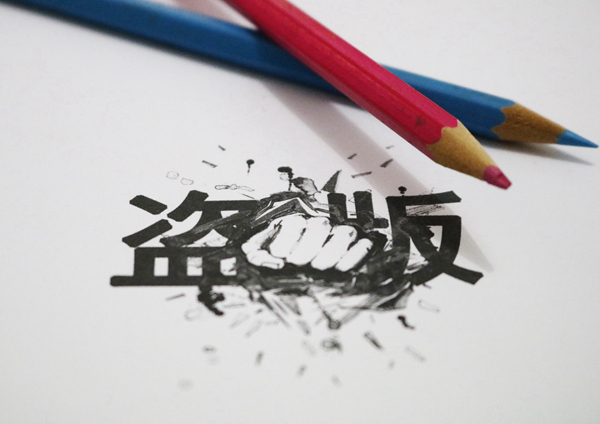Japan's cultural industry faces a growing piracy problem, costing billions of dollars every year. In order to protect its precious anime and manga resources, the Japanese government recently announced the launch of a 300 million yen (approximately US$2 million) pilot program to use artificial intelligence technology to combat online piracy. The plan aims to efficiently identify and remove infringing content on the Internet through AI image and text detection systems, reduce the human burden on copyright holders, and effectively curb piracy, ultimately promoting the healthy development of Japan's creative industry. This is not only about economic interests, but also about the influence of Japanese culture in the world.
The Japanese government recently announced that it will launch a website that uses artificial intelligence technology to combat online manga and animation piracy. According to data from the Tokyo Cultural Affairs Bureau, there are currently at least 1,000 websites illegally providing free download services for Japanese comics and animations. The sites are accused of costing Japan's cultural industry billions of dollars a year. In order to deal with this problem, the Japanese government proposed a pilot program totaling 300 million yen (approximately 2 million US dollars).

The plan will use artificial intelligence technology to scan the web for infringing content through an image and text detection system. Officials from the Bureau of Cultural Affairs said copyright holders spent a lot of human resources manually looking for pirated content, and manual reviewers "barely been able to keep up" with the growing volume of illegal content. Therefore, the use of artificial intelligence technology will greatly improve detection efficiency.
This plan was inspired by a similar project in South Korea and, if successful, may be expanded to monitor other illegally shared film, television and music works in the future. The Japanese government hopes to protect the country's cultural assets and promote the development of its creative industries through this operation. Japan is the birthplace of manga and game series such as "Dragon Ball," "Super Mario" and "Final Fantasy," and creative industries are seen as as important a driver of economic growth as important industries such as steel and semiconductors.
According to Japanese government data, Japan's game, animation and comic industry revenue from overseas will reach 4.7 trillion yen (approximately US$30 billion) in 2022, almost equivalent to the 5.7 trillion yen of semiconductors. In addition, about 70% of piracy websites providing Japanese content are operated in foreign languages such as English, Chinese and Vietnamese, which further increases the difficulty of combating piracy.
In order to promote the development of the cultural industry, the Japanese government proposed to increase the export volume of these cultural assets to 20 trillion yen (approximately US$130 billion) by 2033 in the "Cool Japan" strategy released in June.
This artificial intelligence-driven anti-piracy plan is a positive move by the Japanese government to protect its cultural industry and develop it into a major economic pillar. Whether it succeeds or not will not only affect the future of the Japanese animation industry, but also provide a reference for other countries in dealing with digital copyright issues. It is expected that this plan will achieve significant results and maintain the healthy development of Japan's cultural industry.